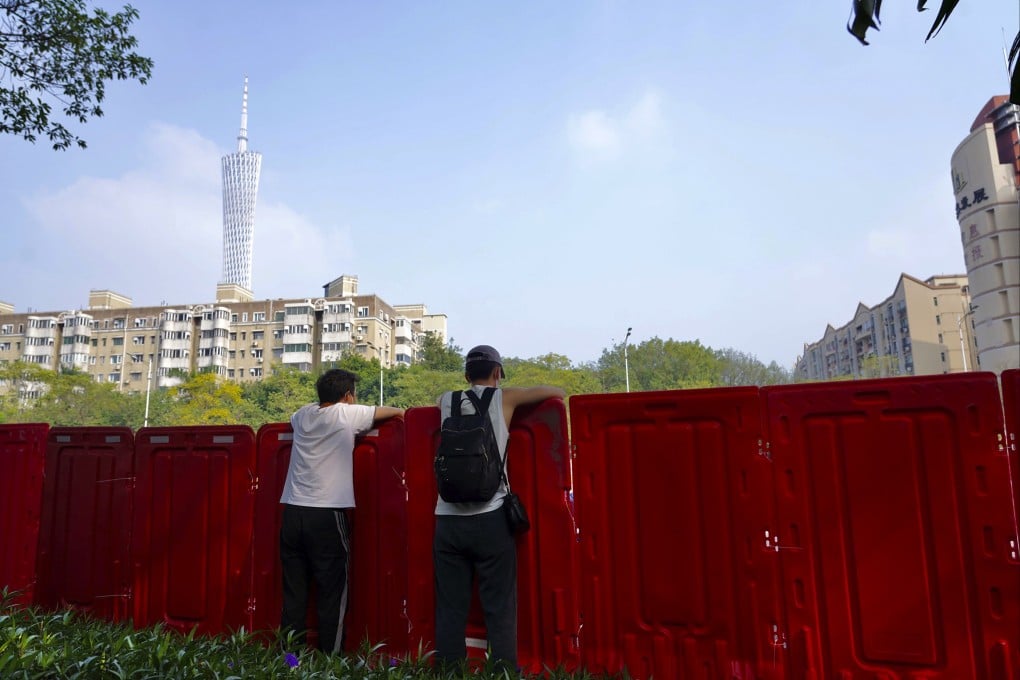Advertisement
Chinese city to investigate claim that Covid rules led to miscarriage
- Woman in need of medical care not allowed to leave her compound, reports say
- Case comes a day after Beijing announces easing in coronavirus restrictions
Reading Time:3 minutes
Why you can trust SCMP
1

As cities across China follow up on Beijing’s newly relaxed Covid policies, the southwestern metropolis of Chongqing is investigating reports that a woman had a miscarriage after coronavirus restrictions resulted in treatment delays.
The woman reportedly required medical care but was not allowed to leave her locked-down compound in Jiulongpo district on Saturday, leading to the miscarriage.
In an official notice on WeChat on Sunday, the district government vowed to “investigate and punish those involved according to law”.
Advertisement
The incident in Chongqing is the latest high-profile case of a person not receiving essential medical care because of Covid-19 lockdowns or delays.
Two similar cases of miscarriage were reported in the city of Xian in December and January, and a 32-year-old man in Beijing reportedly died after waiting for an ambulance in May.
The Chongqing case occurred just a day after Beijing announced relaxation of the country’s Covid-19 restrictions.
Advertisement
Select Voice
Select Speed
1.00x
